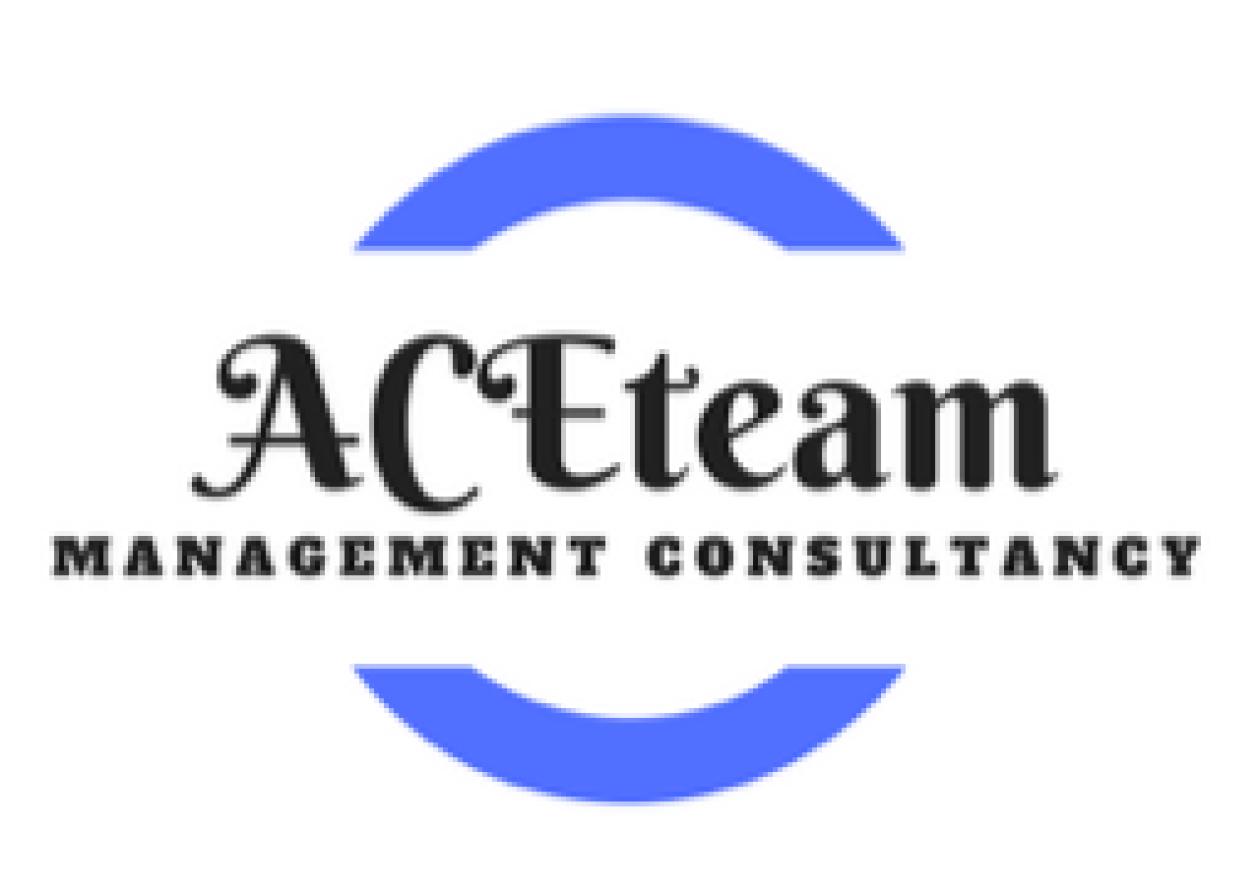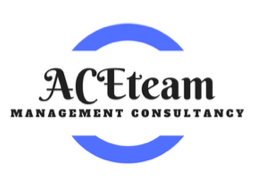HACCP stands for Hazard Analysis and Critical Control Points. It is a systematic, science-based approach to identifying, evaluating, and controlling food safety hazards. HACCP is widely recognized as a preventive tool in the food industry, helping to ensure the production of safe and wholesome food products.
HACCP is widely applied across the food industry, including processing, manufacturing, distribution, and service sectors, to enhance food safety and prevent foodborne illnesses. It provides a systematic and proactive approach to identify and manage potential risks associated with food production.
The principles of HACCP are recognized internationally, and many countries and food safety regulatory agencies require or encourage its implementation. HACCP plans are often developed based on guidelines established by organizations such as the Codex Alimentarius Commission, which is a joint initiative of the Food and Agriculture Organization of the United Nations and the World Health Organization (WHO). These guidelines serve as a reference for the development, implementation, and maintenance of HACCP systems.
How can Aceteam Management Consultancy help you and your organization?
Conduct a thorough assessment of the current food safety management practices.
Identify gaps and areas for improvement in existing processes.
Develop a tailored HACCP plan based on the specific operations, products, and processes of the client.
Define critical control points (CCPs) and establish critical limits for each identified hazard.
Conduct a comprehensive hazard analysis to identify biological, chemical, and physical hazards in the food production process.
Identify and define the critical control points where control measures can be applied to manage or eliminate identified hazards.
Set measurable critical limits for each CCP to ensure effective hazard control.
Develop monitoring procedures to regularly observe and document the critical control points.
Ensure that monitoring activities are practical and feasible for implementation.
Establish detailed procedures for corrective actions to be taken in the event of a deviation from critical limits.
Provide training on the prompt and effective execution of corrective actions.
Develop strategies for the ongoing verification of the HACCP system’s effectiveness.
Validate the HACCP plan to ensure it adequately controls identified hazards.
Design a robust record-keeping system to document all aspects of the HACCP plan, including hazard analyses, CCPs, monitoring results, corrective actions, and verification activities.
Provide comprehensive training programs for employees at all levels, emphasizing the importance of food safety and their roles in HACCP implementation.
Conduct internal audits to assess the effectiveness of the implemented HACCP system and identify opportunities for improvement.
Ensure that the HACCP plan aligns with local and international food safety regulations and standards.
Develop crisis management plans to address potential food safety emergencies and ensure swift and effective responses.



